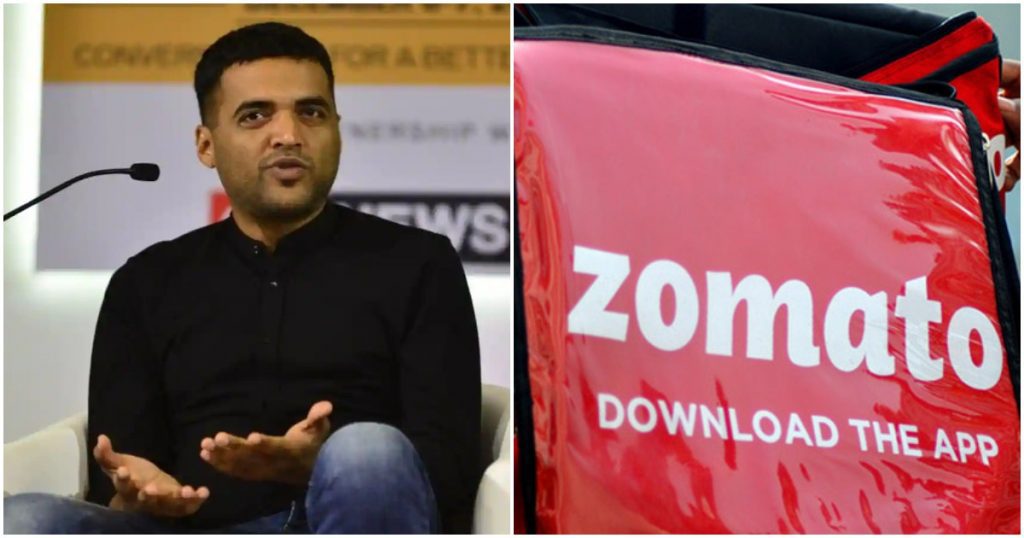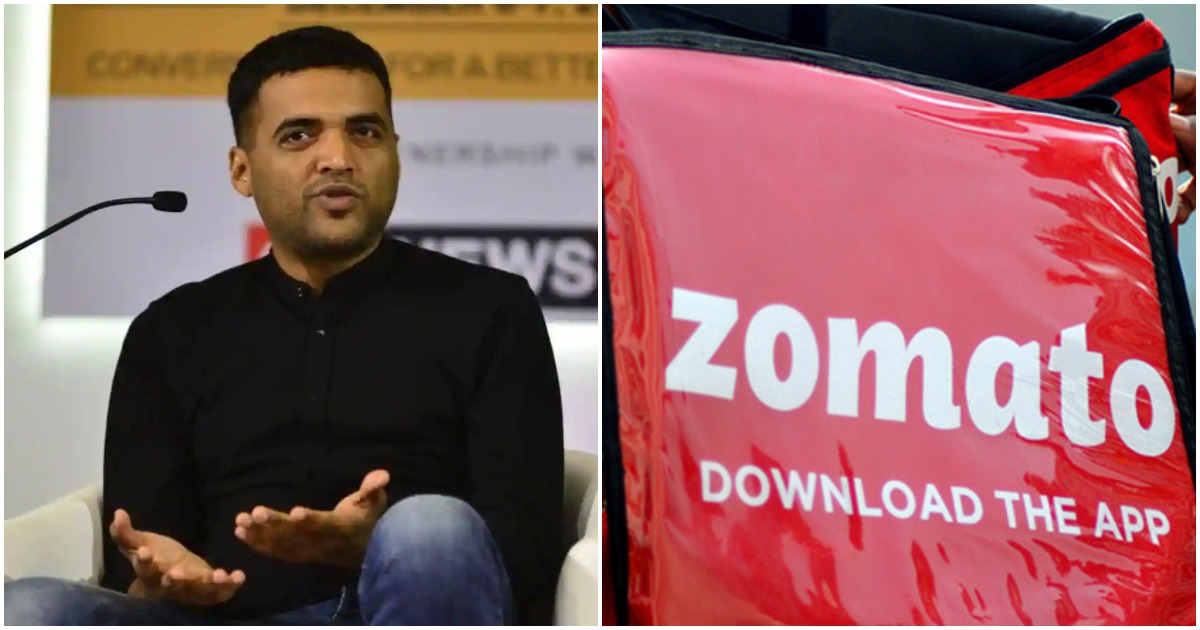The Reserve Bank has increased repo rates for the first time in two years, and India’s startup stocks are feeling the heat.
Zomato’s stock has fallen to a lifetime low of Rs. 64.90 per share after tumbling nearly 7 percent on the markets today. Zomato had gone public at an IPO price of Rs. 76, and had begun trading at Rs. 120 per share. Zomato’s share had rallied in its first few months as a public company — in November, Zomato’s stock had touched a high of Rs. 169 per share. But since then, the stock has fallen over 62 percent, and now trades at just Rs. 64.9 per share. This represents a 15% fall from even its IPO price.

Zomato isn’t the only startup stock that’s tumbled over the last few months. Paytm, which had India’s worst IPO since 2011, currently trades 73% below its IPO price at just Rs. 583 per share. Policybazaar trades 33% below its IPO price at just Rs. 638 per share, while CarTrade has fared even worse, trading 60% below its IPO price at Rs. 650 per share. The only exception is Nykaa, which currently trades 45% above its IPO price at Rs. 1650 per share, but is nevertheless 30% below the high it had made a few months ago.
Worryingly, these slashed valuations at the public markets appear to be impacting the valuations of private startups as well. There are whispers going around the Indian startup ecosystem that raising funding isn’t as easy as it was just a few months ago, and many unicorns could find it hard to match their previous valuations in follow-up rounds of funding. Some startups have already begun trimming their flab — companies including Unacademy, Trell, Lido, Furlenco and Meesho have already laid off nearly 2,000 employees over the last couple of months.
Some CEOs have openly begun saying how the tide is turning, and they aren’t mincing their words. “Smoke on the water. Fire in the sky. The world is collapsing around the startups. Founders are under tremendous stress as valuations tumble. Job cuts are coming and salaries will be under pressure,” PineLabs founder and former CitrusPay CEO Amrish Rau had earlier tweeted.
But even as Zomato’s stock price plummets, causing alarm both to its investors and India’s startup ecosystem at large, there’s a man who’d predicted this chain of events. When Zomato was trading at Rs. 140 per share, NYU Stern Finance Professor and Valuation Guru Ashwath Damodaran had shared a spreadsheet that showed that Zomato’s fair share price was just Rs. 42 per share. He’d considered the size of India’s food delivery market, Zomato’s growth prospects, its future cash flows, and several other parameters for his analysis, and come up with a fair price of Rs. 42. Zomato has fallen from Rs. 140 to Rs. 64 since then, but if its current trends continue, Zomato could well end up being worth what Damodaran had said it was worth nearly 9 months ago.
